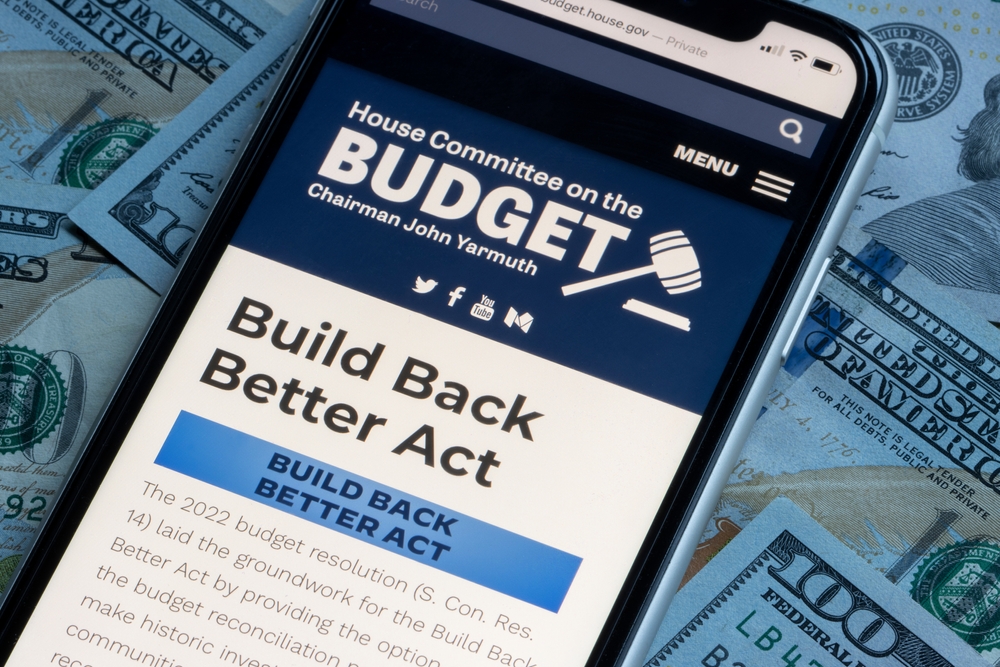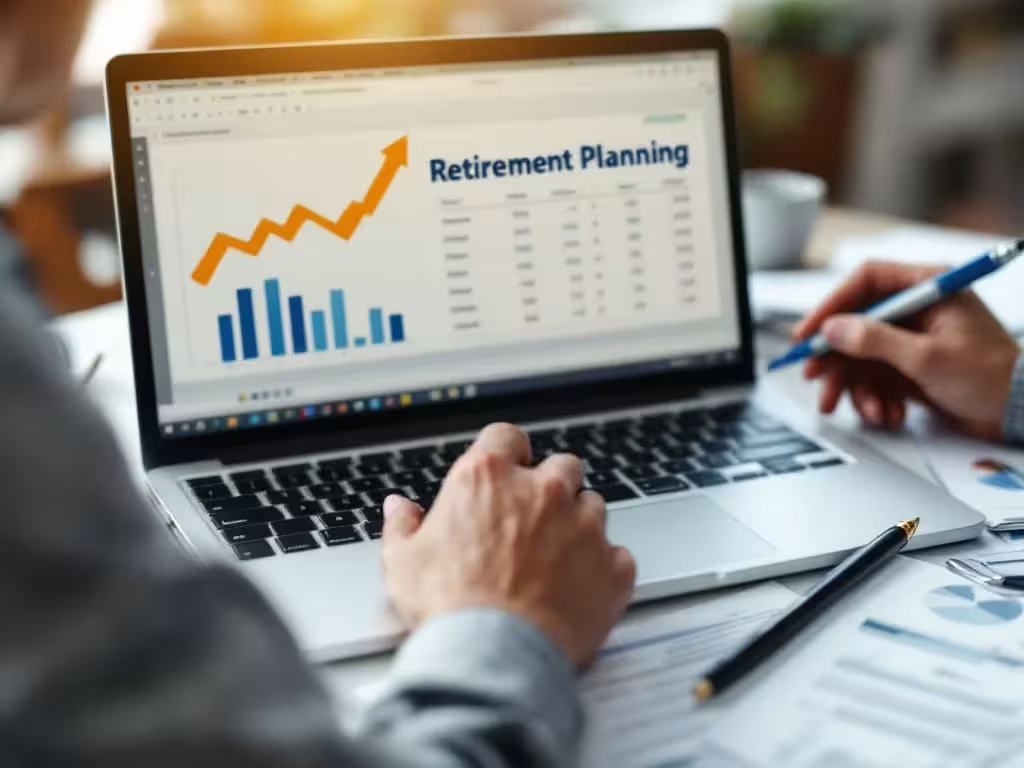
What About Passive Income? A Reality Check
You often hear the term “passive income” promoted as the ultimate solution for a comfortable retirement. The idea is that you can set up income streams that flow to you with little to no daily effort. While it’s an appealing concept, the reality is often more complex and carries its own set of risks and hidden costs.
Rental Properties
Owning a rental property can provide a steady stream of income. However, it is far from passive. You are a landlord. That means late-night calls about leaking faucets, the cost and hassle of finding new tenants, and the ongoing expenses of property taxes, insurance, and repairs. A month or two of vacancy or one major repair, like a new water heater, can wipe out your profits for an entire year.
Dividend Investing
Investing in high-quality, dividend-paying stocks is a cornerstone of many retirement income plans. It’s a sound strategy, but it isn’t without risk. Dividends are not guaranteed; a company can cut its dividend at any time, especially during an economic downturn. Furthermore, the value of the stocks themselves can fall dramatically.
This highlights a critical danger for new retirees: sequence of returns risk. This is the risk that a major market downturn occurs right at the beginning of your retirement. If you are forced to sell stocks at a low point to fund your living expenses, you can permanently damage your portfolio’s ability to recover and last for the long term.
Other “High-Yield” Opportunities
You may see advertisements for other passive income sources, like peer-to-peer lending or other alternative investments promising high yields. A fundamental rule of finance is that higher potential returns always come with higher risk. These are often not suitable for retirees who depend on the preservation of their capital. Be extremely cautious of any investment that promises high, guaranteed returns.
Action Step: Approach passive income with a healthy dose of realism. Think of it less as “free money” and more as an “investment of time and capital.” Any income-producing asset, whether it’s a rental property or a stock portfolio, requires initial investment, ongoing management, and carries risk. Build these income streams as part of a balanced, diversified plan, not as a magic replacement for diligent saving and budgeting.









